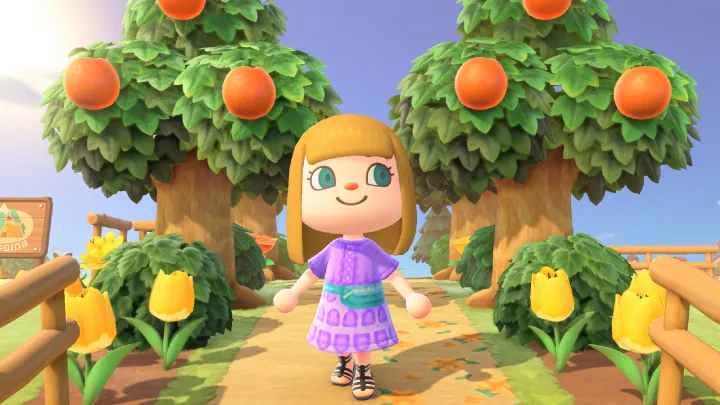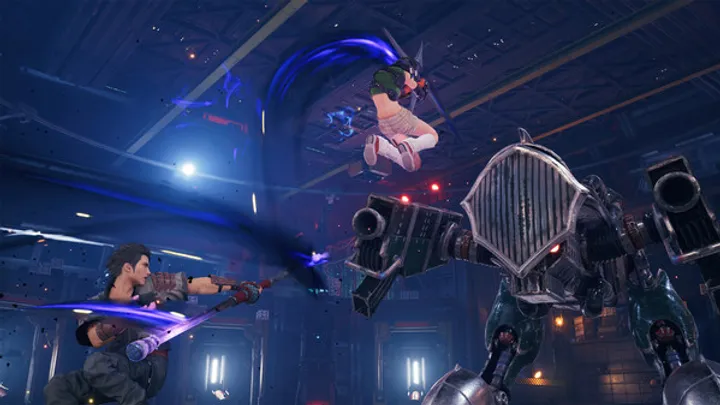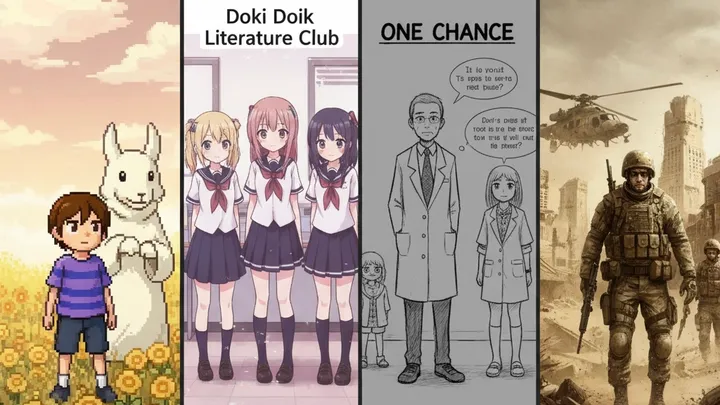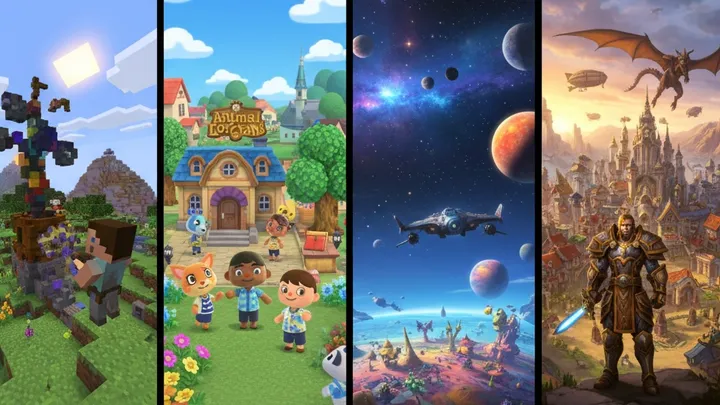Introduction
Animal Crossing: New Horizons (ACNH), released in March 2020, has captivated millions of players worldwide with its charming graphics, relaxing gameplay, and the freedom to create their own virtual paradise. However, one of the most talked-about aspects of the game is the phenomenon of time travel, where players manipulate the in-game clock to alter their experience. While some view this as a legitimate strategy for maximizing enjoyment, others argue that it undermines the game's core principles. This article delves deeply into the implications of time travel in ACNH, examining its effects on gameplay, community interactions, and the overall gaming experience.

Understanding Time Travel in ACNH
The Mechanics of Time Travel
Time travel in ACNH involves adjusting the Nintendo Switch system clock to fast-forward or rewind in-game time. Players can skip days or even months, allowing them to access seasonal events, build up resources, or speed up the growth of trees and flowers.
Methods of Time Travel
- System Clock Adjustment: Players change the time settings on their console.
- Using Multiple Islands: Some players create secondary islands to experiment with time travel without affecting their main island.
Community Practices
Time travel has become a common practice among the community, with forums and social media flooded with tips on how to effectively manipulate time. However, this practice raises questions about fairness and the intended gameplay experience.
Reasons for Time Traveling
Players often cite several motivations for engaging in time travel:
- Resource Accumulation: Gathering materials and resources quickly.
- Event Participation: Accessing time-limited events that may otherwise be missed.
- Customization: Speeding up island development and customization efforts.
The Debate: Time Travel as a Strategy or a Cheat?
The Pros of Time Traveling
Enhanced Gameplay Experience
Many players argue that time travel enhances their enjoyment of the game. By bypassing certain constraints, they can experience all the content ACNH has to offer, particularly in a game where time plays a significant role.
Community Engagement
Time travelers often engage with the community in unique ways, sharing tips, trading items, and showcasing their islands. This creates a vibrant online culture surrounding the game.
The Cons of Time Traveling
Diminished Challenge
Critics argue that time traveling can diminish the challenge and sense of achievement that comes with natural progression. The game is designed to be played in real-time, and by manipulating the clock, players may lose the satisfaction of gradually building their island.
Impact on Community Norms
Time travel can disrupt the community’s economy. Players who time travel can amass wealth and resources much faster than those who play in real-time, leading to imbalances in trading and social interactions.
The Psychological Aspect of Time Travel
Instant Gratification vs. Delayed Reward
The Allure of Instant Gratification
In today’s fast-paced world, many players seek instant gratification, which time travel provides. The ability to access content immediately can be appealing, particularly for those with limited time to play.
The Value of Delayed Rewards
Conversely, the game’s design encourages players to appreciate the slow buildup of resources and relationships. This delayed reward system fosters a deeper connection with the game world and its characters.
Community Reactions
Players have varied responses to time travel, with some embracing it and others rejecting it. This division can lead to tensions within the community, as players debate the merits and downsides of this practice.
The Role of Time Travel in Island Design

Creative Freedom and Island Aesthetics
Rapid Development
Time travel allows players to develop their islands rapidly, implementing new designs and layouts without the waiting periods that would normally be required. This can lead to stunning island transformations that would take much longer through regular play.
Seasonal Decor
Players can also access seasonal items that might not be available for months, allowing for a more diverse aesthetic throughout the year. This flexibility can enhance the creative expression that ACNH is known for.
The Drawbacks of Rapid Development
While rapid development can be seen as a positive, it can also diminish the sense of place and effort that comes from creating an island over time. Islands that are rapidly developed may lack the organic growth that many players cherish.
The Impact of Time Travel on Multiplayer Interaction
Trading and Social Dynamics
Unequal Resource Distribution
In multiplayer interactions, time travelers may dominate trades due to their extensive resources. This can lead to frustration among players who adhere to the game’s intended pacing.
Changes in Trading Practices
With time travel, the nature of trading has evolved. Players may find themselves trading not just for items but for time-traveling tips, creating a new dynamic in social interactions.
Community Events and Time Travel
Community events often highlight the disparity between time travelers and non-time travelers. Events may feel less engaging for those who play without manipulating time, leading to a divide in participation and enjoyment.
Time Travel and Game Balance
The Economic Impact on the Game
Resource Inflation
Time travel can lead to inflation of in-game resources. Players who manipulate time can stockpile items, making it harder for players who progress naturally to find value in resources.
Market Dynamics
The in-game economy can be heavily affected by time travel, leading to a market where certain items lose their value due to oversaturation. This can create a less rewarding experience for players who play by the rules.
Developer Responses
Nintendo has made efforts to balance gameplay, but the allure of time travel remains strong. While they may introduce new mechanics to encourage real-time play, players continue to find ways to exploit time manipulation.
The Ethics of Time Travel in ACNH
Fair Play and Community Standards
Setting Ethical Boundaries
As time travel becomes more prevalent, the community must consider what constitutes fair play. Establishing norms can help create a more enjoyable environment for all players.
The Role of Developers
Nintendo’s stance on time travel has been largely silent, which allows players to interpret the mechanics in various ways. This ambiguity has led to discussions about the ethics of time manipulation.
The Future of Time Travel in ACNH
Potential Changes in Game Design
Future updates or sequels may address the time travel issue more directly, possibly by introducing new mechanics that limit or discourage time manipulation.
Community Adaptation
As the game evolves, so too will community norms surrounding time travel. Players may adapt by creating guidelines or rules to make multiplayer interactions fairer.
Conclusion
The practice of time travel in Animal Crossing: New Horizons presents a complex issue that intertwines gameplay, community dynamics, and player ethics. While it offers players the chance to enhance their experience and access content more readily, it also raises concerns about fairness and the integrity of the game's design. As the community continues to grapple with these challenges, the future of time travel in ACNH remains uncertain. Ultimately, the balance between enjoying the game and adhering to its intended experience will define how players interact with this beloved title.

















